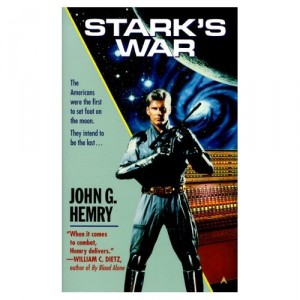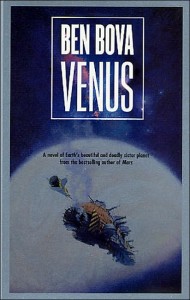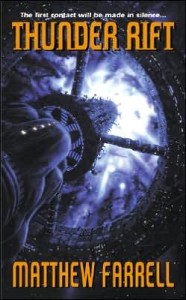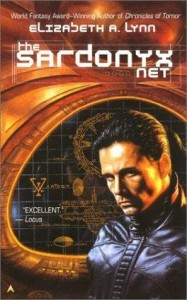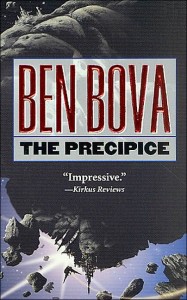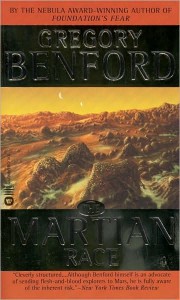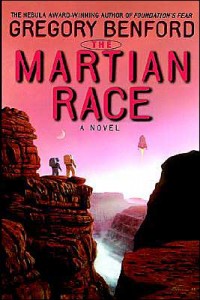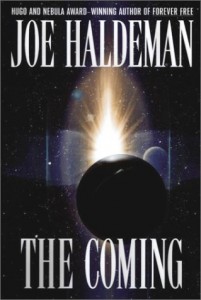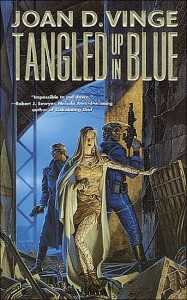 Welcome back to the world of Tiamat, where Arienrhod, the infamous, ageless Snow Queen, rules with an iron fist, casting a web of mystery and intrigue among the assorted factions who all seek control of her world. Always trying to find a way to break the technological stranglehold of the Galactic Hegemony, the Snow Queen plays one conspiracy off against another, uncaring as to who or what might get caught underfoot.
Welcome back to the world of Tiamat, where Arienrhod, the infamous, ageless Snow Queen, rules with an iron fist, casting a web of mystery and intrigue among the assorted factions who all seek control of her world. Always trying to find a way to break the technological stranglehold of the Galactic Hegemony, the Snow Queen plays one conspiracy off against another, uncaring as to who or what might get caught underfoot.
Nyx LaisTree is a Hegemonic Officer from the planet of Newhaven, stationed in the Tiamat city of Carbuncle. He and his fellow Blues are good, loyal, obedient police… most of the time. However, every so often, they lash out at the frustrating regulations that restrict their power, assuming a vigilante role during which time they strike out at the interstellar criminals protected by the Queen.
During one such vigilante operation, things go horribly wrong in a very messy manner, and by the end, Nyx is the only survivor, his partner and friends slaughtered. Suspended from the force, he has no recourse but to investigate the circumstances surrounding that tragic night. However, he’ll need allies. With the aid of a hard-headed, idealistic Kharemoughi sergeant named Gundhalinu, and Devony Seaward, a shapeshifting spy/prostitute, Nyx will risk life and limb to expose the conspiracy that killed his friends and get his vengeance. Even if it kills him.
Tangled Up In Blue is a police procedural with an X-Files-worthy conspiracy twist. It’s no so much about the Snow Queen as it is about her world and its inhabitants. Through Nyx LaisTree and his erstwhile partners, we’re taken on a dizzying tour of the streets of Carbuncle, a grim and gritty investigation that leaves no stone unturned and no hiding place undisturbed. As the truth begins to unfold and multiple layers are discarded, an even larger picture emerges, one presumably tying back to other books in the same universe.
And therein lies my only complaint. While this book is expertly plotted, with sharp characterization and high-octane action, and described with movie-level clarity, it lacks a certain accessibility where new readers are concerned. To get the full benefit of this book, one really should read Snow Queen, Summer Queen, and World’s End first. There are plot hints and characters who appear here without satisfactory explanation, and I can only assume they’re better covered in the previous books. These are the only drawbacks to an otherwise superb novel, and it’s easy to see how Vinge earned her reputation as a master storyteller.

